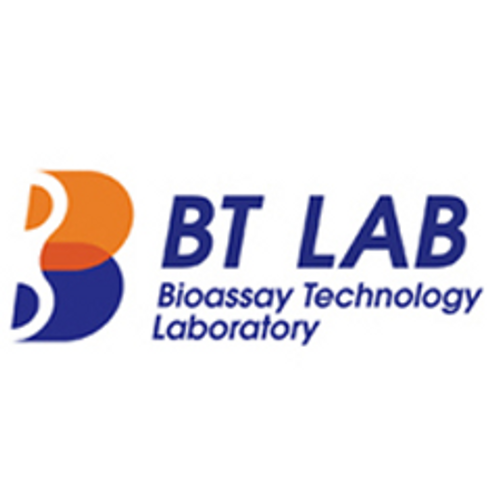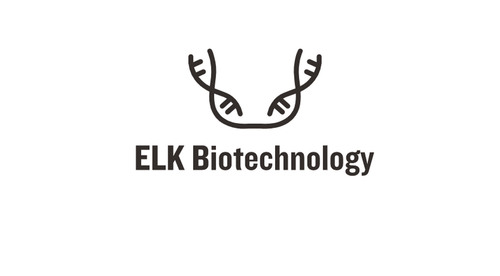Product Description
Rat Deoxypyridinoline (DPD) ELISA Kit | AE62882RA | Abebio
Species Reactivity: Rat (Rattus norvegicus)
Abbreviation: DPD
Alternative Name: N/A
Application: ELISA
Range: 0.31-20 ng/mL
Sensitivity: 0.156 ng/mL
Intra-Assay: ≤4.6%
Inter-Assay: ≤9.7%
Recovery: 0, 98
Sample Type: Serum, Plasma, Other biological fluids
Detection Method: Sandwich
Analysis Method : Quantitive
Test Principale: This assay employs a two-site sandwich ELISA to quantitate DPD in samples. An antibody specific for DPD has been pre-coated onto a microplate. Standards and samples are pipetted into the wells and anyDPD present is bound by the immobilized antibody. After removing any unbound substances, a biotin-conjugated antibody specific for DPD is added to the wells. After washing, Streptavidin conjugated Horseradish Peroxidase (HRP) is added to the wells. Following a wash to remove any unbound avidin-enzyme reagent, a substrate solution is added to the wells and color develops in proportion to the amount of DPD bound in the initial step. The color development is stopped and the intensity of the color is measured.
Product Overview: Deoxypyridinoline (Dpd) is one of the two pyridinium cross-links that provide structural rigidity to type I collagen in bone. During osteoclastic resorption, Dpd is released into circulation and is excreted in the urine in free and peptide-bound forms.Deoxypyridinoline (Dpd) occurs mainly in Type I collagen of bone. After the formation of the Type I collagen matrix, the action of lysyl oxidase on two hydroxylysine and a lysine residue result in the formation of a Dpd cross link between two triple helical strands of collagen. Deoxypyridinoline (Dpd) has been described as a marker of bone turnover in metastatic breast cancer.Pyridinoline (PYD) and Deoxypyridinoline (DPD) are the major stable cross-links. These cross-links, primarily in bone and cartilage, have been found in all the connective tissues except the skin. PYD is the major component of these tissues, whereas DPD has only been detected in bone and dentine.
Stability: The stability of ELISA kit is determined by the loss rate of activity. The loss rate of this kit is less than 5% within the expiration date under appropriate storage condition. The loss rate was determined by accelerated thermal degradation test. Keep the kit at 37°C for 4 and 7 days, and compare O.D.values of the kit kept at 37°C with that of at recommended temperature. (referring from China Biological Products Standard, which was calculated by the Arrhenius equation. For ELISA kit, 4 days storage at 37°C can be considered as 6 months at 2 - 8°C, which means 7 days at 37°C equaling 12 months at 2 - 8°C) .
 Euro
Euro
 USD
USD
 British Pound
British Pound
 NULL
NULL








